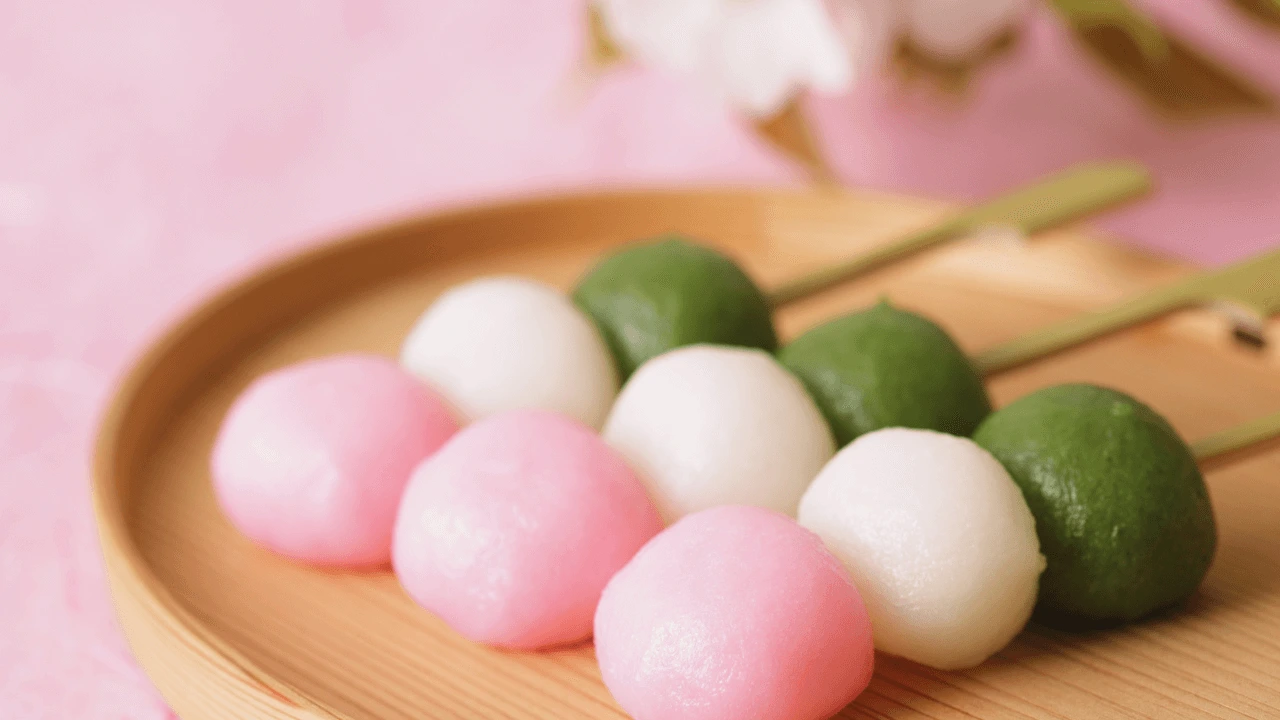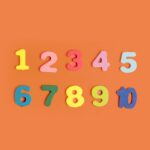
Japanese Saying “花より団子”
日本には、たくさんのことわざがあります。その中で、わたしの好きなことわざは「花より団子」です。
「花より団子」ということばは、花よりも団子のほうがいいという意味です。花はきれいですが、たべられません。団子はたべものです。だから、おなかがすいているとき、花を見るより、団子をたべることをえらびます。
このことわざは、見た目より、じっさいに使えるものやたべられるもののほうがいい、というときに使います。
たとえば、さくらのきせつに、友だちとお花見に行きました。花はとてもきれいでした。でも、わたしたちは「おべんとうが楽しみ!」「団子が食べたい!」と話しました。わたしたちは「花より団子」ですね。
このことわざは、ちょっとおもしろいですが、日本人のほんね(=real feelings)がわかります。きれいな花もいいですが、やっぱりおいしいたべものは大事です。
わたしはこのことわざがすきです。なぜなら、たのしいお花見のけいけんを思い出すからです。そして、「花より団子」のように、じっさいに大切なものを見つけたいと思います。
日本には、たくさんのことわざがあります。その中で、わたしの好きなことわざは「花より団子」です。
「花より団子」ということばは、花よりも団子のほうがいいという意味です。花はきれいですが、たべられません。団子はたべものです。だから、おなかがすいているとき、花を見るより、団子をたべることをえらびます。
このことわざは、見た目より、じっさいに使えるものやたべられるもののほうがいい、というときに使います。
たとえば、さくらのきせつに、友だちとお花見に行きました。花はとてもきれいでした。でも、わたしたちは「おべんとうが楽しみ!」「団子が食べたい!」と話しました。わたしたちは「花より団子」ですね。
このことわざは、ちょっとおもしろいですが、日本人のほんね(=real feelings)がわかります。きれいな花もいいですが、やっぱりおいしいたべものは大事です。
わたしはこのことわざがすきです。なぜなら、たのしいお花見のけいけんを思い出すからです。そして、「花より団子」のように、じっさいに大切なものを見つけたいと思います。
【English Translation】
In Japan, there are many proverbs. Among them, my favorite is “Hana yori Dango” (literally, “Dumplings over flowers” meaning “Practicality over aesthetics”).
The phrase “Hana yori Dango” means that dumplings are better than flowers. Flowers are beautiful, but you can’t eat them. Dumplings are food. So, when you’re hungry, you’d rather eat dumplings than look at flowers.
This proverb is used when something useful or practical is better than something that only looks nice.
For example, during cherry blossom season, I went to a flower viewing (hanami) with my friends. The flowers were very beautiful. But we said things like, “I’m excited for lunch!” and “I want to eat dango!” That’s exactly “Hana yori Dango.”
This proverb is a little funny, but it shows the real feelings of people in Japan. Beautiful flowers are nice, but delicious food is also important.
I like this proverb because it reminds me of a fun hanami experience. And, just like “Hana yori Dango,” I want to find what’s truly important in life.
【Vocabulary List】
花(はな)- flower
団子(だんご)- dumpling (Japanese sweet)
たくさん – many, a lot
ことわざ(ことわざ)- proverb
好き(すき)- like
意味(いみ)- meaning
きれい – beautiful, clean
食べられません(たべられません)- can’t eat
食べもの(たべもの)- food
おなか – stomach
空く(すく)- to be hungry (空いている)
見る(みる)- to see, to look
選ぶ(えらぶ)- to choose
見た目(みため)- appearance
実際(じっさい)- actually, in reality
使える(つかえる)- usable
食べられる(たべられる)- can eat
たとえば – for example
桜(さくら)- cherry blossom
季節(きせつ)- season
友だち(ともだち)- friend
花見(はなみ)- flower viewing
行く(いく)- to go
弁当(べんとう)- boxed lunch
楽しみ(たのしみ)- looking forward to
食べたい(たべたい)- want to eat
話す(はなす)- to speak, to talk
本音(ほんね)- real/true feelings
思い出す(おもいだす)- to remember
大切(たいせつ)- important
If you want to learn Japanese, improve your skills, or connect with native speakers and other learners, we can help. We offer one-on-one lessons, a supportive community, and on demand courses.
Website: nihongonana.com
Email: support@nihongonana.com
✅Book 1-on-1 lessons: https://nihongonana.com/lessons/
✅Join our community: https://nihongonana.com/community/
✅Access courses: https://nihongonana.com/courses/





Leave Comment